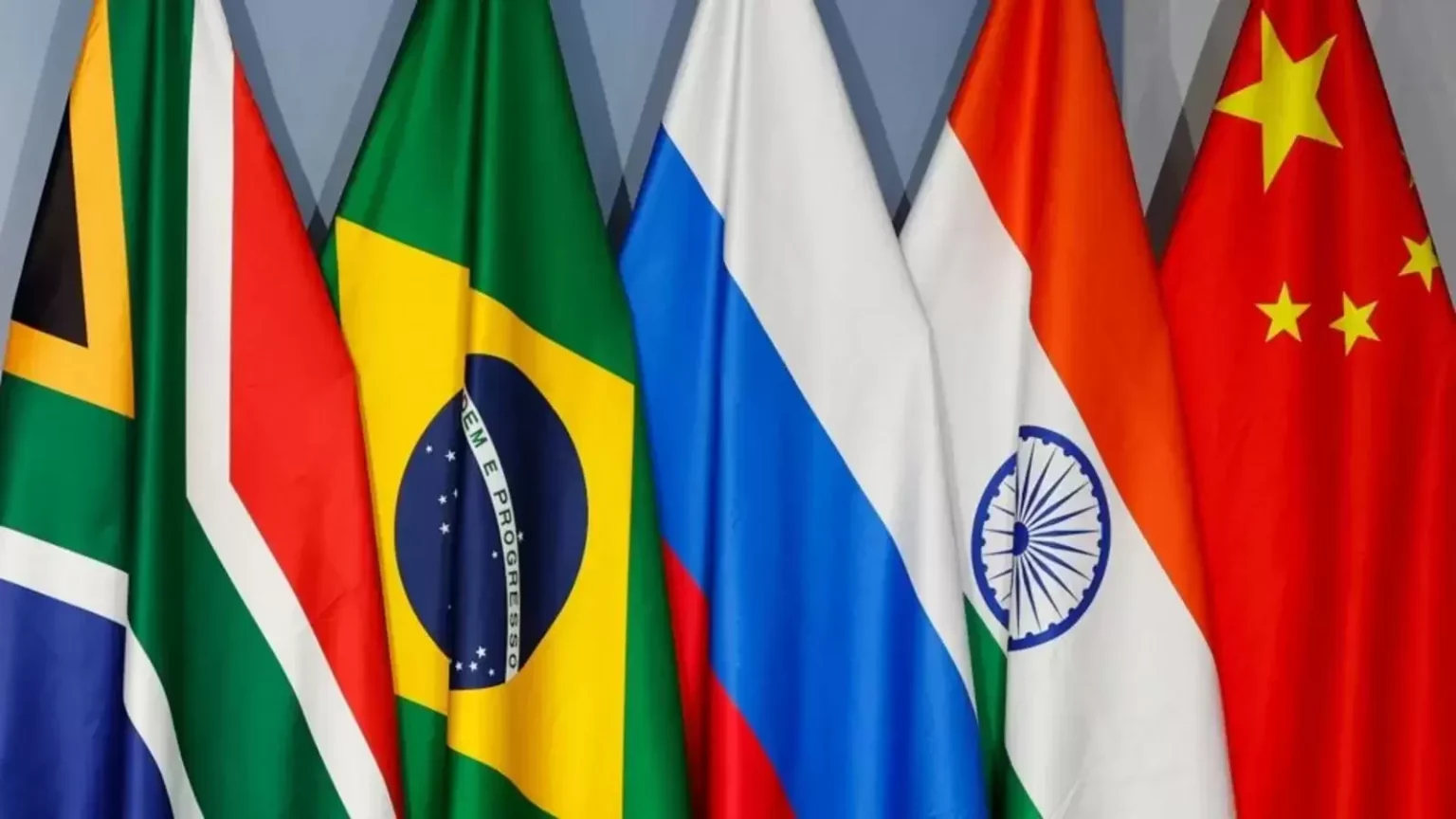On 10 June, the foreign ministries of the BRICS countries – Brazil, Russia, India, China, and South Africa – announced a joint statement that condemned Israel’s military operation in Rafah. The statement expressed deep concern regarding what they referred to as Israel’s “blatant disregard” for international law, the UN Charter, UN resolutions, and International Court of Justice (ICJ) Orders.
The statement also demanded the unconditional release of all illegally held hostages and civilians, without specifically mentioning Hamas. The recognition of Palestine’s full membership at the UN was also reaffirmed, and a call was made for the execution of the key UN Security Council resolutions that demanded a ceasefire (2728) and increased humanitarian aid (2720). India’s approval of the statement is noteworthy due to its especially strong language against Israel. This declaration also provides insight into the evolution of the BRICS nations’ engagement with the Middle East and Israel-Palestine issues.
Since its establishment in 2009, and the addition of South Africa in 2010, the BRICS nations annually discuss a range of global issues during their annual summit, providing alternate policy recommendations that promote a de-westernization of the global order.
The Israel-Palestine issue has consistently been part of the BRICS dialogues. The nations have been unique in their endorsement of the Arab Peace Initiative (API), which recommends that Arab-Israeli normalization be exchanged in return for Israeli withdrawal to its pre-1967 borders. These dialogues, while critical of Israeli settlements in occupied territory, have maintained an air of neutrality.
The BRICS nations have adopted a cautious approach towards Israel, who is attempting to shift its alliances towards the East while preserving its ties with Europe and the West. This is particularly relevant due to the increasing assertion from new BRICS members for both a ceasefire and an Israeli withdrawal to pre-1967 borders.
The BRICS has expanded its membership to currently represent 42% of the world’s population and 37.3% of its Gross Domestic Product (GDP), enhancing its reputation as an alternative to Western institutions that regulate the global order. However, there is a consensus that the matter of BRICS expansion is far from settled with Turkey, another NATO member state, intensifying its efforts to join the grouping, especially with its ongoing issues related to its European Union membership.
The statement by BRICS in June is significant for its unprecedented language against Israel, as is India’s approval. It showcases the approach New Delhi has taken in criticizing Israel’s actions during the crisis.
